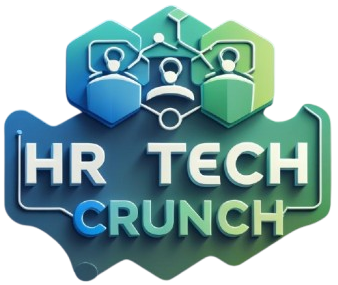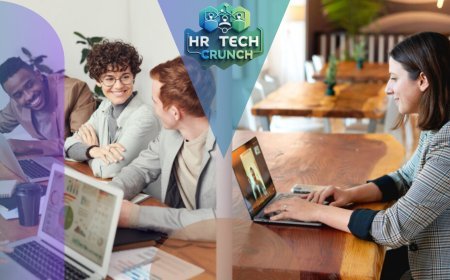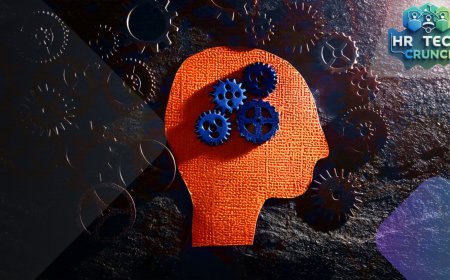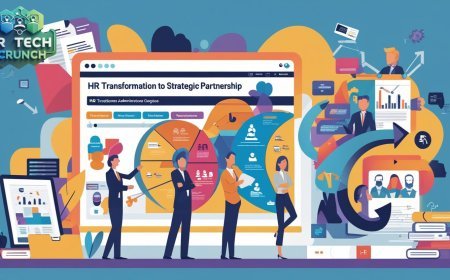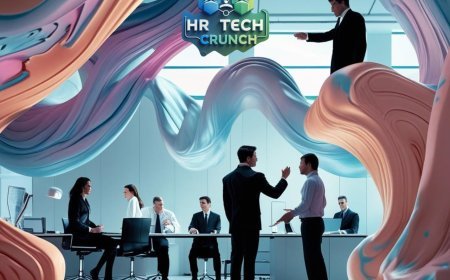AI and Automation in HR: Bridging Technology with Humanity

AI and Automation in HR: Bridging Technology with Humanity
Human Resources has long been known as the heartbeat of any organization -a place where relationships, empathy, and understanding shape the workplace culture. Yet, in recent years, HR has been quietly undergoing a transformation driven by artificial intelligence and automation. These technologies are changing how organizations recruit, manage, and support their people, making processes faster and more efficient. But while the tools evolve, the core purpose of HR remains unchanged: it’s about people, not just processes.
Recruitment, one of the most resource-intensive areas of HR, has been notably impacted. What used to take weeks of sifting through countless resumes and scheduling interviews is now dramatically accelerated. AI systems can scan thousands of applications quickly, match candidates to roles, and even conduct initial assessments through video interviews. This efficiency allows HR teams to focus on building deeper connections with shortlisted candidates. However, AI cannot replace the human eye and heart that recognize potential beyond what data can show. Resumes don’t tell the whole story -backgrounds, passions, and unique journeys are better understood through human interaction. There’s always a risk that an algorithm might overlook talented individuals simply because their profiles don’t fit established patterns. Hence, the best outcomes emerge when technology supports human judgment rather than replacing it.
Beyond hiring, AI is also changing how organizations understand and plan their workforce. By analyzing employee data on engagement, performance, and attendance, AI offers insights that help anticipate challenges before they escalate. This means HR can intervene proactively -offering support, development opportunities, or changes that keep employees motivated and satisfied. But such deep analysis raises important ethical considerations. People want to feel trusted, not surveilled. Transparency about what data is collected and how it is used is crucial to building this trust.
Automation is also easing the burden of routine HR tasks. Processing payroll, managing leave requests, and answering common employee questions can all be handled by automated systems and chatbots. This shift frees HR professionals to spend more time on the human side of their work, engaging directly with employees and addressing more complex, sensitive matters. Technology makes everyday interactions smoother, but it can’t replace the empathy required when someone comes to HR with a personal or difficult issue.
Ethics remain central in this technological transformation. AI systems must be carefully designed to avoid reinforcing biases or making decisions that lack transparency. Fairness and accountability are paramount to ensure that employees feel valued and respected throughout their journey in the organization.
Ultimately, AI and automation are powerful tools, but they are tools nonetheless. The heart of HR will always be human -shaped by empathy, understanding, and connection. Technology should amplify these qualities, enabling HR to work smarter without losing the human touch that makes all the difference.










